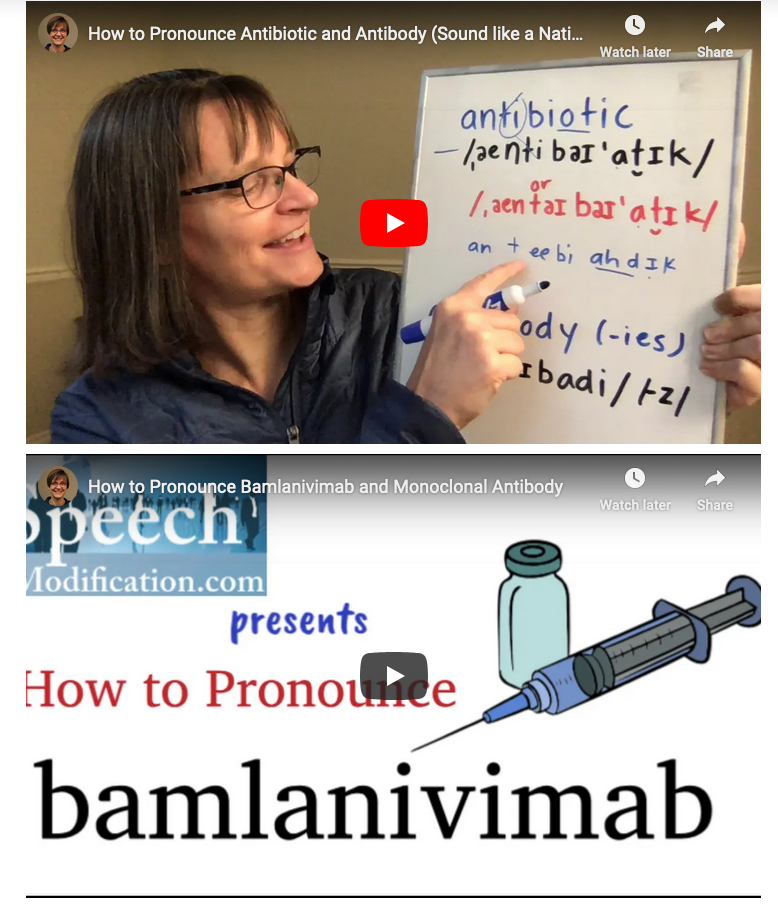|
One difference between British English and American English is the use of the /j/ "y" sound in words like new, due, and tune. In American English, these words only have the vowel /u/ "oo" sound: "noo, doo, toon," and in British and other dialects of English they have the glide /j/ before the /u/: "nyou, dyou, tyoun." In American English, we use the /u/ vowel in some words by itself, and in other words, we use a glide together with the /u/ vowel (/ju/). Here are some of the most common words, sorted by which sounds they use. /u/ ("oo") do, due, new, knew, school, food, room, soon, move, true, blue, moon, too, two, into, noon /ju/ ("you") you, use, view, unit, music beautiful, menu, value, useful, users university, youth, communication, continue, review, human, computer, cute, argue, amuse
Dr. Anthony Fauci is the director of the US National Institute of Allergy and Infectious Diseases, and an important authority on the Covid-19 pandemic. Here's how to correctly pronounce his name.
Need help with other Covid-19 terms? In this lesson, we look at how to pronounce Bamlanivimab, Pfizer, antibodies, Remdesivir, asymptomatic and more.
https://www.speechmodification.com/free/how-to-pronounce-pfizer-antibodies-bamlanivimab-and-many-other-covid-19-related-terms Words like "line, mine, pine," and "dine" are pronounced with /aɪn/ (sounds like "I" + n). For example, line sounds like lie+n. When we add "-ine" as a suffix on the ends of words, it can sound the same as in these words, "ine" /aɪn/ or like "in" /ɪn/ or "een" /in/. Here are the words broken down by which pronunciation they have.
|
Categories
All
Archives
May 2024
Have Questions?
Get A Free Consultation We offer a free 30-minute phone consultation. Schedule yours now. |


 RSS Feed
RSS Feed

